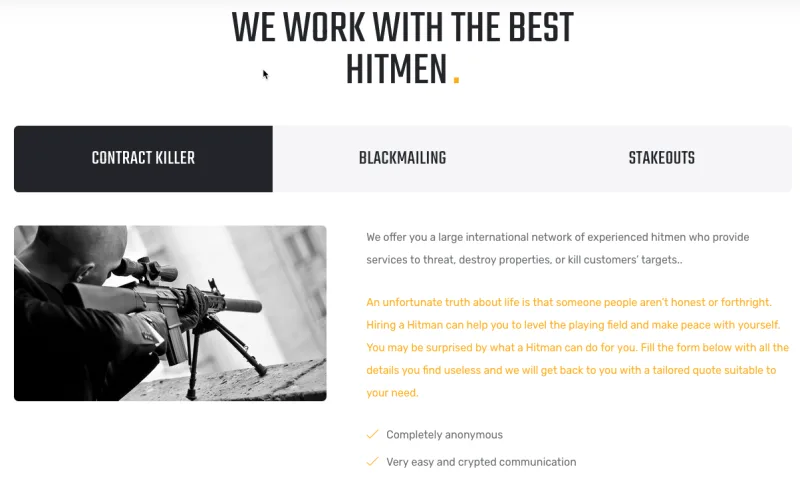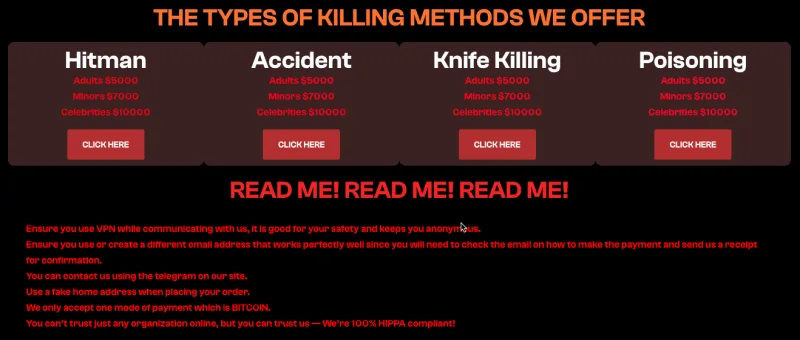European police, led by Denmark and Sweden, are intensifying efforts to dismantle a disturbing new criminal model known as “violence-as-a-service” (VaaS), in which organized crime groups recruit teenagers online to carry out contract killings. This crackdown is a response to a surge in cross-border violence facilitated by encrypted apps and social media platforms, which allow gangs to outsource violent crimes—including shootings and assassinations—to young people, some as young as 14.
Key Developments and Arrests
Recent coordinated operations, spearheaded by Denmark’s National Special Crime Unit and Sweden’s police, have resulted in the arrest or surrender of seven individuals aged 14 to 26, with suspects apprehended in Sweden, Morocco, and Australia. Among those arrested are two 18-year-old men from Western Sweden, suspected of actively recruiting minors for contract killings in Denmark and Sweden. Other suspects provided logistical support, such as weapons, ammunition, and safe houses.

Notably, a 15-year-old Swedish national was arrested in Sydney, Australia, accused of using encrypted messaging apps to recruit others for contract killings in Scandinavia, highlighting the international reach of these networks.
How the Recruitment Works
Criminal groups exploit encrypted messaging services like Telegram, Snapchat, and Signal to anonymously post contract offers and communicate with potential recruits. Teenagers are lured with promises of quick money, often receiving instructions and payment through intermediaries they have never met in person. The process is highly organized: logistics such as travel, weapons, and payment are arranged remotely, sometimes with the involvement of additional young facilitators.
Scale and Motivation
Europol and national police forces report that minors are now involved in a significant portion of organized violent crime, with over 70% of criminal markets—including contract killings, drug trafficking, and cybercrime—seeing youth participation.

Gangs are increasingly recruiting minors because they face lighter penalties under the law, making them attractive tools for violent tasks. The trend is particularly acute in the Nordic region, where Swedish and Danish authorities have documented dozens of cross-border crimes involving young recruits since 2024.
International Response
Europol launched Operational Taskforce (OTF) GRIMM in April 2025, bringing together police from Belgium, Denmark, Finland, France, Germany, Iceland, the Netherlands, Norway, Sweden, and more to target the use of encrypted platforms for contract killings. They issued the following public Intelligence Notification.
Denmark and Sweden have announced joint measures to enhance intelligence sharing, tighten laws, and improve extradition of gang leaders, particularly those orchestrating crimes from abroad. Swedish authorities are considering tougher penalties for minors involved in violent crime and are looking to Denmark’s stricter anti-gang laws as a model.
A Warning and a Shift in Organized Crime
Authorities warn that the reality of VaaS is far more dangerous and less lucrative than promised, with severe legal consequences for those involved. The phenomenon marks a shift in European organized crime, where violence is “uberized”—outsourced and arranged online, with young people at the center of deadly operations.
“We are stepping up our cooperation across the Nordic countries and through OTF GRIMM. We know what these criminal networks are doing, and we are determined to prevent these attacks. Let this serve as a warning to young people approached on social media with promises of easy money: our investigations show the reality is far less lucrative than promised, and the consequences can be severe.”
Torben Svarrer, Chief Police Inspector, Danish National Special Crime Unit
What parents need to watch for
Europol says that organized crime begins at home, not with violence, but with subtle changes. Here are warning signs to watch for:
- They’ve started using encrypted messaging apps. Ask yourself why. What do they feel the need to hide?
- They’re communicating differently, expressing new opinions and values—sometimes quite suddenly. Who are they listening to?
- They’re lying more. Or just avoiding questions altogether.
- They’ve got new friends. Especially older youth or adults you’ve never met.
- They’ve got new stuff. Clothes, tech, money — but no explanation as to where it came from.
- They’ve stopped asking for money. But they seem to have plenty. That’s not independence — that’s a red flag.
- They’re pulling away from normal life. Skipping school. Avoiding routines. Less interest in old friends or hobbies.
How to talk to your child about VaaS
Europol points out that these young people are being sold a dream that ends in prison — or worse. Talk to them in a calm environment and tell them:
- It only takes one message to ruin your life. Just one job, one post, or one meet-up. What may seem like easy money today could lead to devastating consequences tomorrow.
- You are tying yourself — and your family — to criminals. These individuals don’t just disappear, especially when things go wrong. By getting involved with them, you are bringing their dangerous world into your life.
- They won’t do the dirty work themselves; that’s your job now. If you get caught, you will be all alone. If you get hurt, they won’t come to your aid.
- Law enforcement knows who they are and who they’re talking to. You’re not invisible — online or offline.
- There’s no rewind button. Once you’re in, it’s not easy to get out. The streets, and these groups, don’t forget.
- They are criminals. Why would you trust them to have your back?
- They call it fire and forget — because that’s what you are to them. Just another name on a screen, one job away from being discarded.
- All this — for what? A new phone? A quick cash boost? That’s not power; that’s just bait.


